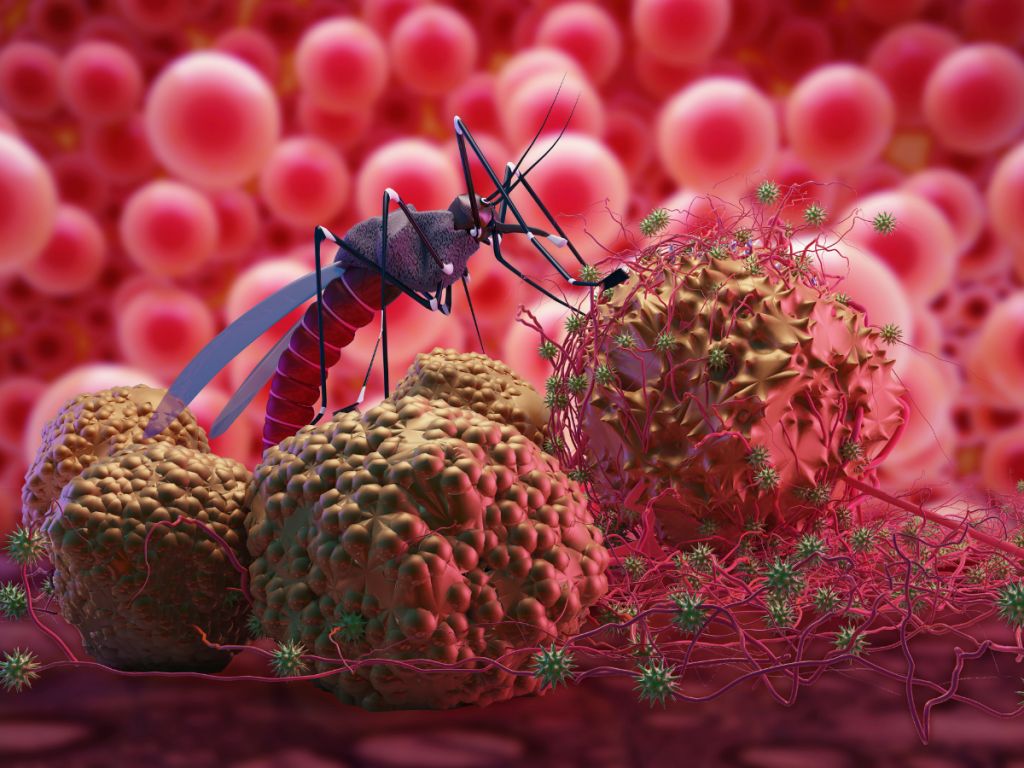Cape Verde has achieved a milestone in global health by being certified malaria-free by the World Health Organization (WHO).
This certification places Cape Verde among a select group of countries that have successfully eliminated this mosquito-borne disease, joining Mauritius and Algeria as the only other African nations to achieve this certification.
Cape Verde’s journey to malaria elimination has been marked by sustained public health efforts, including the use of insecticide spraying and other targeted interventions.
Durin the 1950s, malaria was prevalent across all islands of Cape Verde, leading to severe epidemics in densely populated areas. The country managed to eliminate malaria twice, in 1967 and 1983, but saw a resurgence due to lapses in vector control.
Since the late 1980s, malaria had been confined to two islands, Santiago and Boa Vista, both of which have been malaria-free since 2017.
The certification by the WHO is granted when a country demonstrates that there have been no locally transmitted cases of malaria for at least the past three consecutive years.
Cape Verde’s success is a testament to the power of strategic public health planning, collaboration, and sustained effort. The country’s achievement serves as an inspiring example for other nations striving to eliminate malaria.
This milestone has the potential to boost socio-economic activities in Cape Verde, particularly in tourism, as travelers from non-malaria endemic regions can now visit without the fear of local malaria infections. The systems and structures built for malaria elimination in Cape Verde are also expected to strengthen the health system further and will be utilized to combat other mosquito-borne diseases, such as dengue fever.




